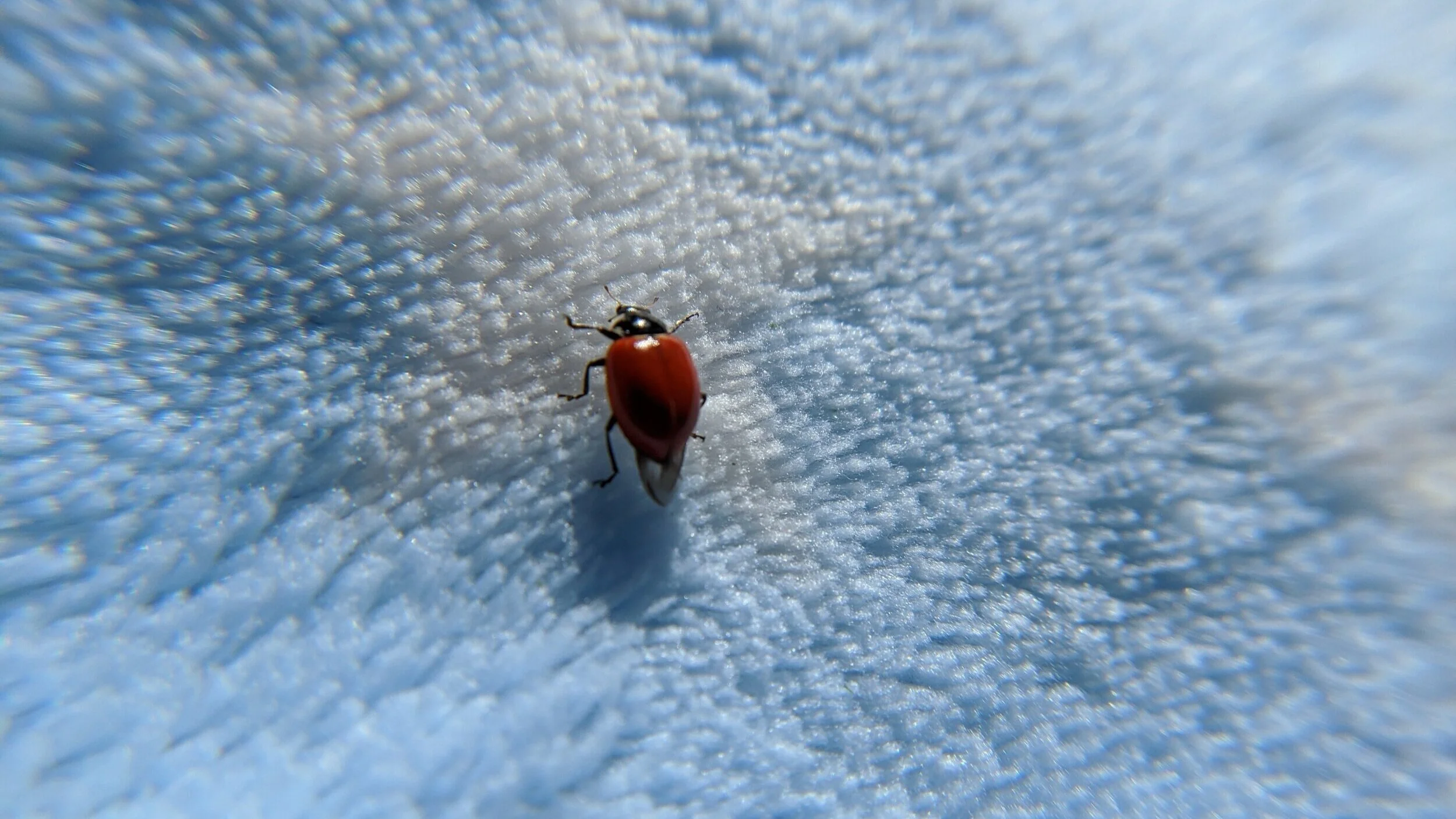Flexing your focus muscles
Focus is an interesting thing. At times we can hold our focus on something for what seems like forever, getting lost in a flow state. At other times, we can’t bring even the smallest amount of focus to the situation and are easily distracted. While it seems like focus is something we cannot control, it’s exactly the opposite… focus is 100% at our command.
Choice
It’s easy to say tell yourself “oh, I just can’t focus right now” (even more true with today’s notifications, popups, etc.etc.etc.). For me, however, this is an excuse, a choice. We’d rather be somewhere else, with different people (or no people), doing something else than where we’re at. Personally I find this especially true sometimes at work, there is a limit to how many times I can sit through a meeting on the same topic.
When this happens, we choose to unfocus and essentially drift. This is something I see when teaching martial art classes with younger students. They’d rather be at home playing video games, or hanging out with their friends, or doing anything other than working out. This desire then leads to them making a choice to allow their focus to drift. (As an aside I’m constantly amused at how surprised they are that their instructors notice this… it’s INCREDIBLY obvious when someone isn’t paying attention).
I see this in myself sometimes as well… I’d much rather not be at work grinding away at a report, so instead I allow my focus to drift to other things. I find little “important” projects to work on, or suddenly learn that a training video really should be completed immediately.
The trick I’ve learned is that focus isn’t something that comes and goes randomly (despite how much it feels like it sometimes). Instead it is something we can consciously control and master. Focus is a mental discipline that, like a muscle, can be strengthened and flexed at will. Just like building any muscle, however, the hard part is putting in the effort and time to master its use and improve it. The step of realizing this is possible, however, is just the beginning… actually doing it is something else entirely.
Start Small
Just like building any skill, start small. For me, writing these articles has been great training in focus. I put aside ten, fifteen minutes every few days and just write. The intention of this drill isn’t to create something worth sharing, or get better at writing (although those can certainly be outcomes), it’s to practice focusing on punching the keys. Part of this may also be put aside time to just focus on reviewing and editing my ideas. The point isn’t that I’ve chosen writing, it’s that I’m consciously deciding to practice focusing on one thing.
This approach can be applied to anything. In martial arts training (or any physical discipline) we may choose to focus on a single movement or step. Working that step, and thinking through each individual part of it, no matter how small, helps build our focus. At work we may choose to focus on one part of our job for a period of time. I personally find that I need to do this when building project management plans, so I consciously decide on time to focus on that… and only that.
These seemingly small conscious exercises have multiple benefits. They help us with the skill we happen to be working on (better project plans, more graceful form), but they also help train our ability to focus.
By stealing some concepts from weightlifting we can also work on increasing our gains while we practice. You don’t get really strong / big arms by lifting light weights a few times, you get bigger/faster/stronger by lifting more weight, or lifting it more times, or lifting it in less time. The same holds true for focus. As we get better, we need to consciously work on focusing more intensely (blocking out even more distractions), in odder circumstances (try working with a toddler nearby and you’ll know what I mean) or for longer durations (set aside an hour instead of 30 minutes). By flexing our focus muscle in more demanding situations it will get stronger.
None of this can happen, however, without our conscious effort. We rarely get better at things we don’t bend our will to, and even those we do won’t see nearly the same level of improvement.
Steps to improve focus
Remind yourself you’re in control
Set aside time to practice focusing on something
Record how it went
Make it more challenging (more time, different circumstance, etc)
Repeat 2-4


